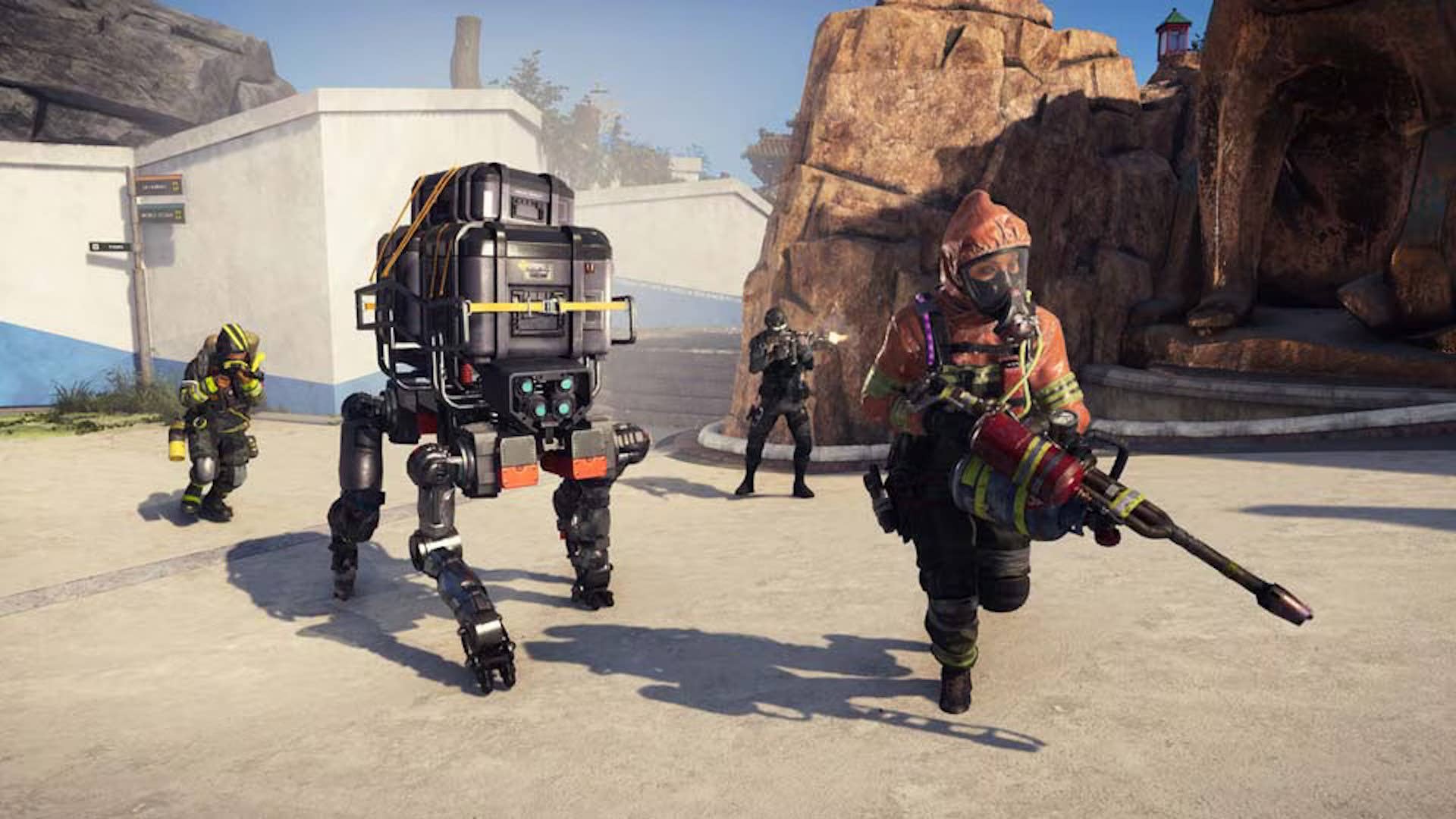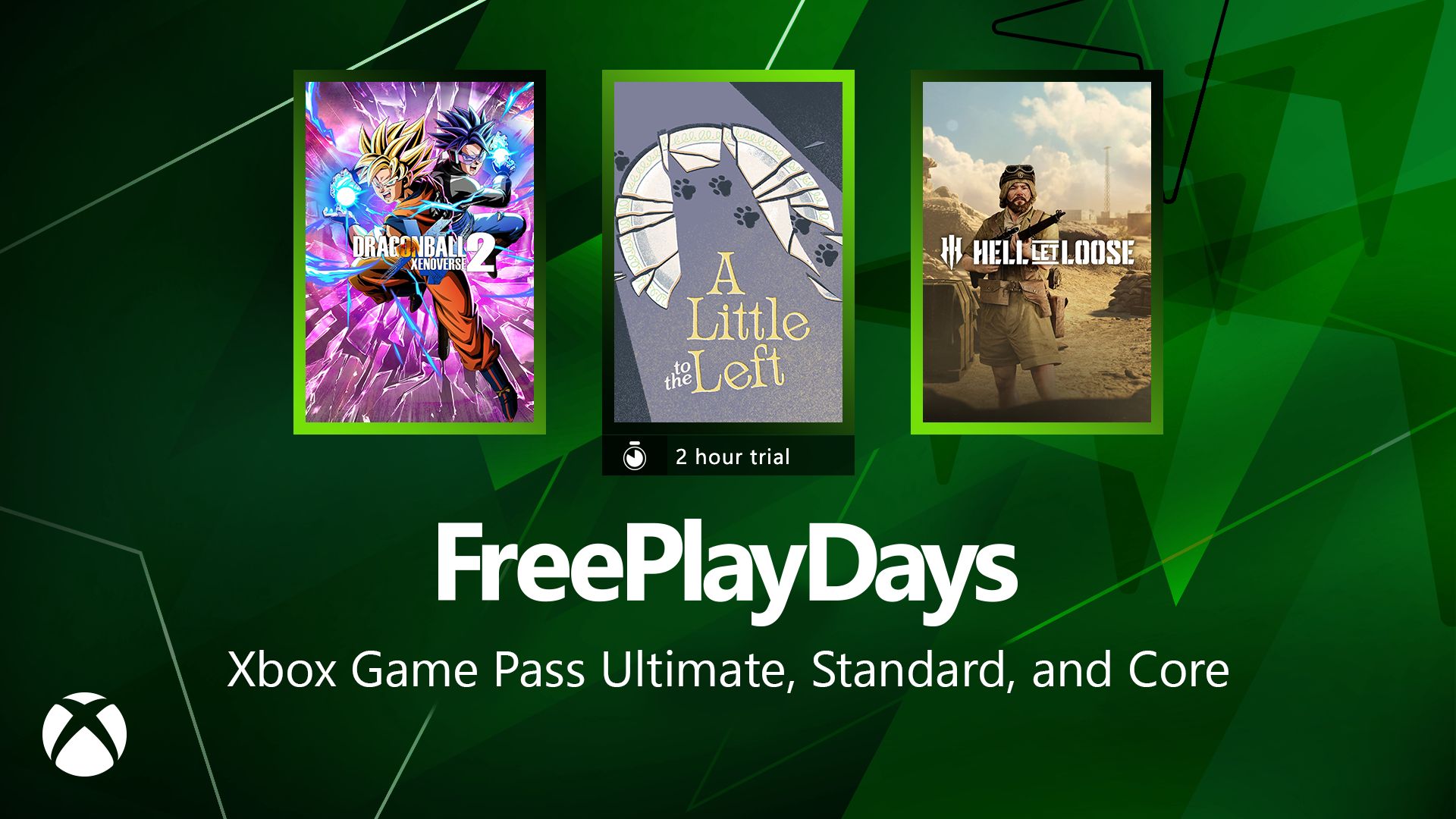Unveiled: New U.S. Anti-Piracy Bill ‘ACPA’ Proposes Alternative Site Blocking Path
Republican House Representative Darrell Issa is working on the introduction of the 'American Copyright Protection Act' (ACPA), a new bill that would enable copyright holders to request site blocking orders against foreign pirate sites. A discussion draft shows that the proposed framework has key differences compared to the FADPA bill introduced by Rep. Lofgren earlier this year. Both bills target DNS resolvers, however, which has several tech companies worried. From: TF, for the latest news on copyright battles, piracy and more.

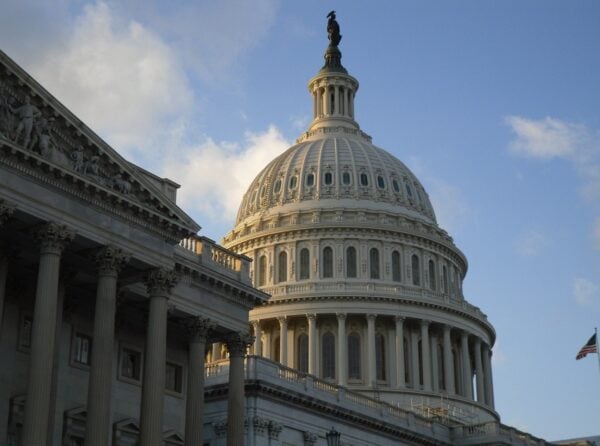 After a decade of focusing efforts overseas, the push for website blocking has landed back on American shores.
After a decade of focusing efforts overseas, the push for website blocking has landed back on American shores.
Earlier this year, U.S. Rep. Zoe Lofgren introduced a new site blocking bill, titled: Foreign Anti-Digital Piracy Act (FADPA).
With piracy blocking efforts expanding globally, the introduction of a U.S. site blocking bill was perhaps only a matter of time. But it took time. The new bill arrived more than thirteen years after the previous SOPA bill was shut down. Interestingly, however, the bill is not alone.
In addition to FADPA, Representative Darrell Issa is also working on his own version of a pirate site blocking bill. While it has yet to be formally introduced, a discussion draft framework seen by TorrentFreak lays out the intended framework in great detail.
It’s important to keep in mind that this is a preliminary draft of the framework, not the final bill. Several changes in the text may take place before it is formally introduced, if it’s introduced at all.
The American Copyright Protection Act (ACPA)
The draft American Copyright Protection Act (ACPA) proposes a streamlined court procedure for U.S. copyright owners to block access to foreign pirate sites, or those whose U.S. operators cannot be found after reasonable investigation.
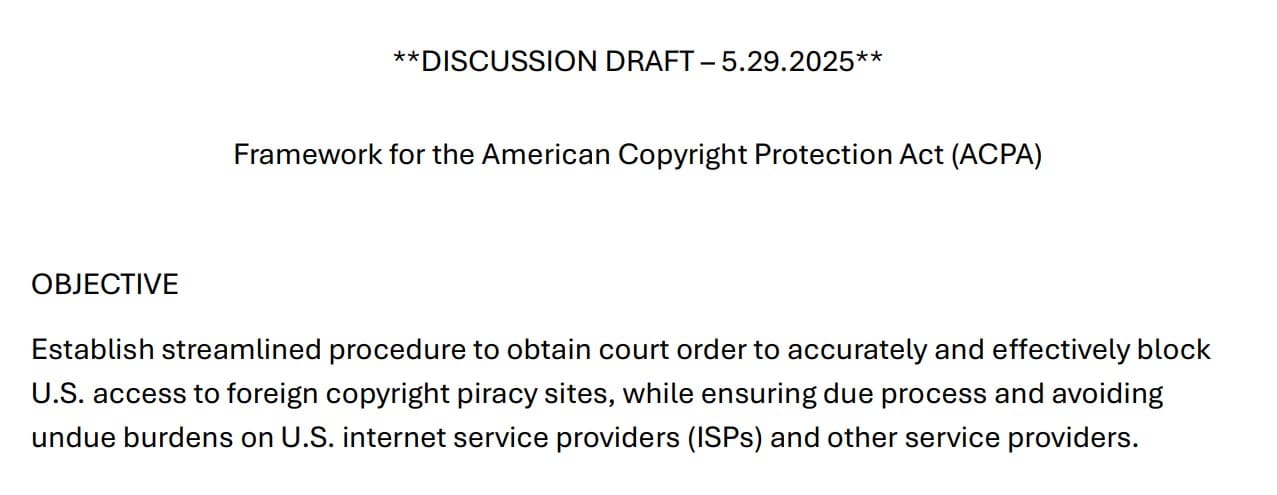
The site blocking process would involve four phases. First, a court determines if a target website qualifies as a “foreign piracy site” based on evidence presented by a copyright owner. This evidence would include proof of ongoing copyright infringement, details of the site’s foreign ownership (or inability to find a U.S. operator), evidence that piracy is its primary purpose and it has no significant non-infringing purpose, or is marketed to induce infringement.
In the second phase, the court could issue a blocking order requiring service providers, such as ISPs and DNS resolvers, to take “all reasonable steps” to prevent U.S. users from accessing the target website. These orders would remain valid for up to 12 months but would not prescribe specific blocking technologies.
The draft outlines third and fourth stages which cover how a blocking order would be maintained and modified, if necessary. The deadline for implementing a blocking order would be set at 10 days, but copyright owners could request a shorter timeframe when targeting live events.
ACPA vs. FADPA
The broad description of the new bill doesn’t differ much from the previously introduced FADPA legislation. Both target ISPs and DNS resolvers, for example, but there are several key differences and nuances.
For example, ACPA proposes that the Judicial Conference of the United States would maintain a list of specific district judges to hear all judicial piracy blocking cases, with at least one judge per regional circuit. Blocking requests would then go through the previously mentioned four-phase process.

The FADPA bill, on the other hand, relies on standard U.S. District Court jurisdiction and would establish a ‘preliminary order’ through a proposed Copyright Act amendment at section §502A.
The new ACPA draft further mentions that the Act would preempt state and local laws, with the Government Accountability Office (GAO) providing reports to Congress on the Act’s effectiveness and impact.
Transparency and Protections
The draft also has some explicit transparency provisions. For example, it tasks the U.S. Copyright Office with maintaining a public website where all active blocking orders are listed. In addition, copyright owners must demonstrate they attempted to notify the target site’s operator and domain name registry of the infringement.
The proposed bill also places restrictions on the service providers that can be named in a blocking order, excluding those with fewer than 50,000 annual users or, for ISPs, those representing 1% or less of U.S. market share. Operators of coffee shops, libraries, universities, and other premises, would be excluded.
Finally, overblocking is addressed directly in the draft. While this should be prevented, if a third party’s site other than the pirate site was blocked due to an error caused by the copyright owner, the third party could request up to $250,000 in compensation from the copyright owner.
DNS ‘At Risk’
Rep. Issa’s proposed framework excludes blocking measures against the root nameservers and TLD nameservers. Additionally, DNS resolvers providing services to fewer than 50,000 users annually would be exempt under the general exclusion for small providers. However, based on commentary in response to foreign DNS blocking efforts, the proposal can expect to meet some pushback.

This week, the Internet Infrastructure Coalition (I2Coalition), which represents major tech companies including Amazon, Cloudflare, and Google, released a detailed report and website warning the public about DNS blocking threats.

The report details various examples of DNS blocking efforts around the world, including pirate site blocking actions in Italy, Spain, and France. According to Christian Dawson, Executive Director of the i2Coalition, the report is a wake-up call.
“DNS resolvers are neutral infrastructure—not censorship tools. When governments use them to enforce content policies, the result is overreach, disruption, and long-term harm to the open Internet.”
“We’ve built dnsatrisk.org to document these incidents and to help the global community push back with evidence and clarity,” Dawson adds.
Immunity & the DMCA
Companies running DNS servers are not alone in their concerns. Internet providers will likely want to ensure that their concerns are heard too. Previously, we reported that ISPs would like to have retrospective immunity.
The discussion draft does indeed mention immunity when it comes to liability for any blocking related actions, plus immunity from copyright claims by rightsholders who request blocking orders, insofar these apply to the blocked sites.
“A named service provider in a blocking order that is implementing the order in good faith is immune from all claims of copyright infringement by the copyright owner who obtained the blocking order based specifically on allegedly infringing activity on the foreign piracy site occurring on or after the date when the blocking order was issued, or when the provider was added to the order after issuance (whichever is later).”
The proposed immunity would not carry over to other claims of copyright infringement, meaning there would be no impact on the subscriber-related piracy liability lawsuits currently faced by Internet providers such as Cox and Verizon.
The draft framework explicitly and clearly states that the bill would not affect any existing DMCA liability claims, nor would it impact DMCA safe harbor protections.
“Except as expressly stated in this Act, nothing in this Act shall be construed to change or affect any determination under the DMCA, or modify or expand any existing claims, liability, or immunity under the DMCA, including the scope, protection, and requirements for any safe harbor under section 512. Nothing in this Act shall be construed to provide for any new liability or immunity with respect to the DMCA or any other provision of law outside of this Act.”
Although it’s still unclear what type of retrospective immunity ISPs are looking for, the draft framework doesn’t provide any additional detail.
Overall, the discussion draft describes a well-thought-out plan, with some important transparency provisions and accountability for overblocking. That said, the inclusion of DNS providers and potentially ‘other intermediaries’ is already causing opposition before the final text is ready.
From: TF, for the latest news on copyright battles, piracy and more.


















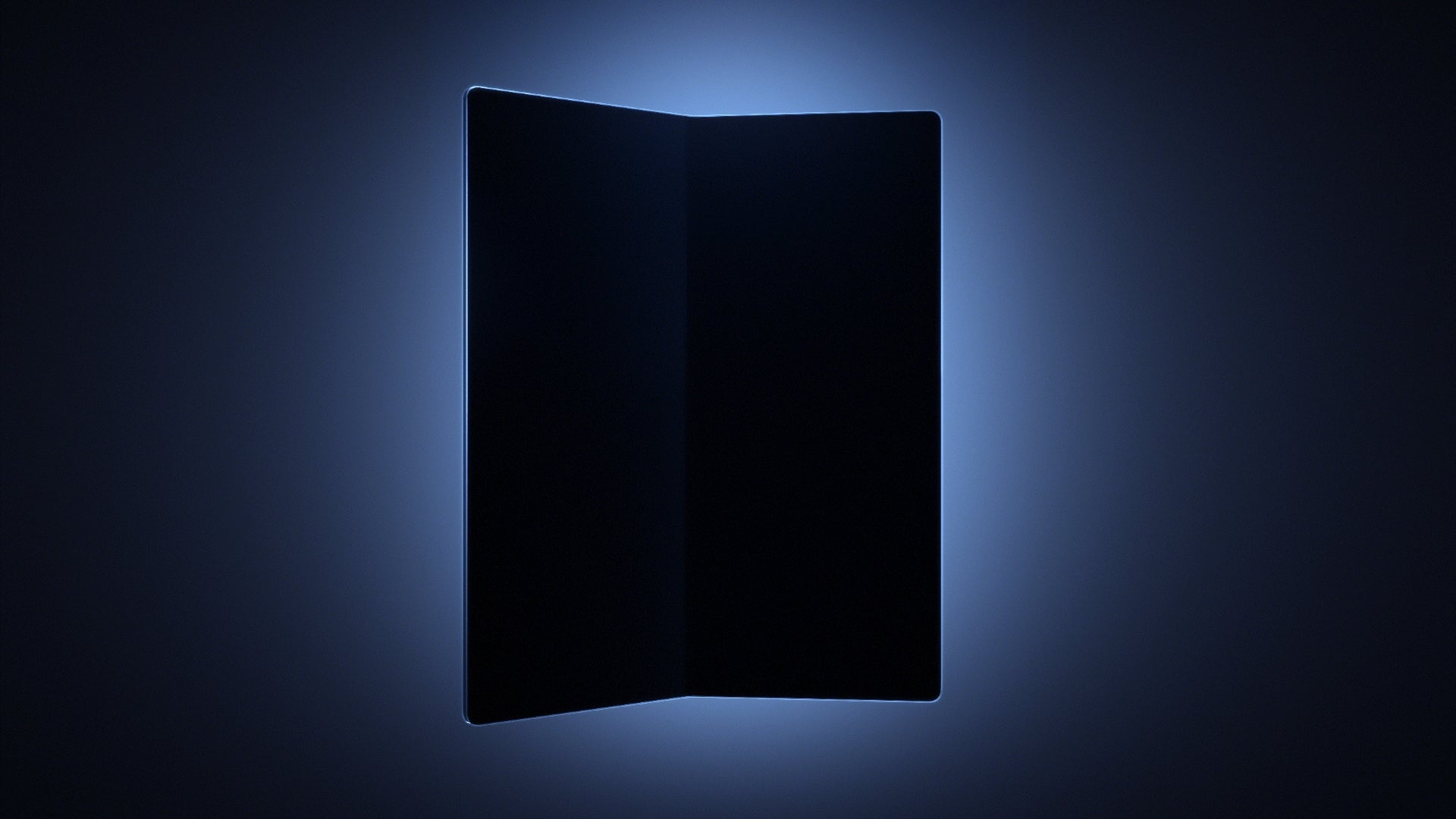










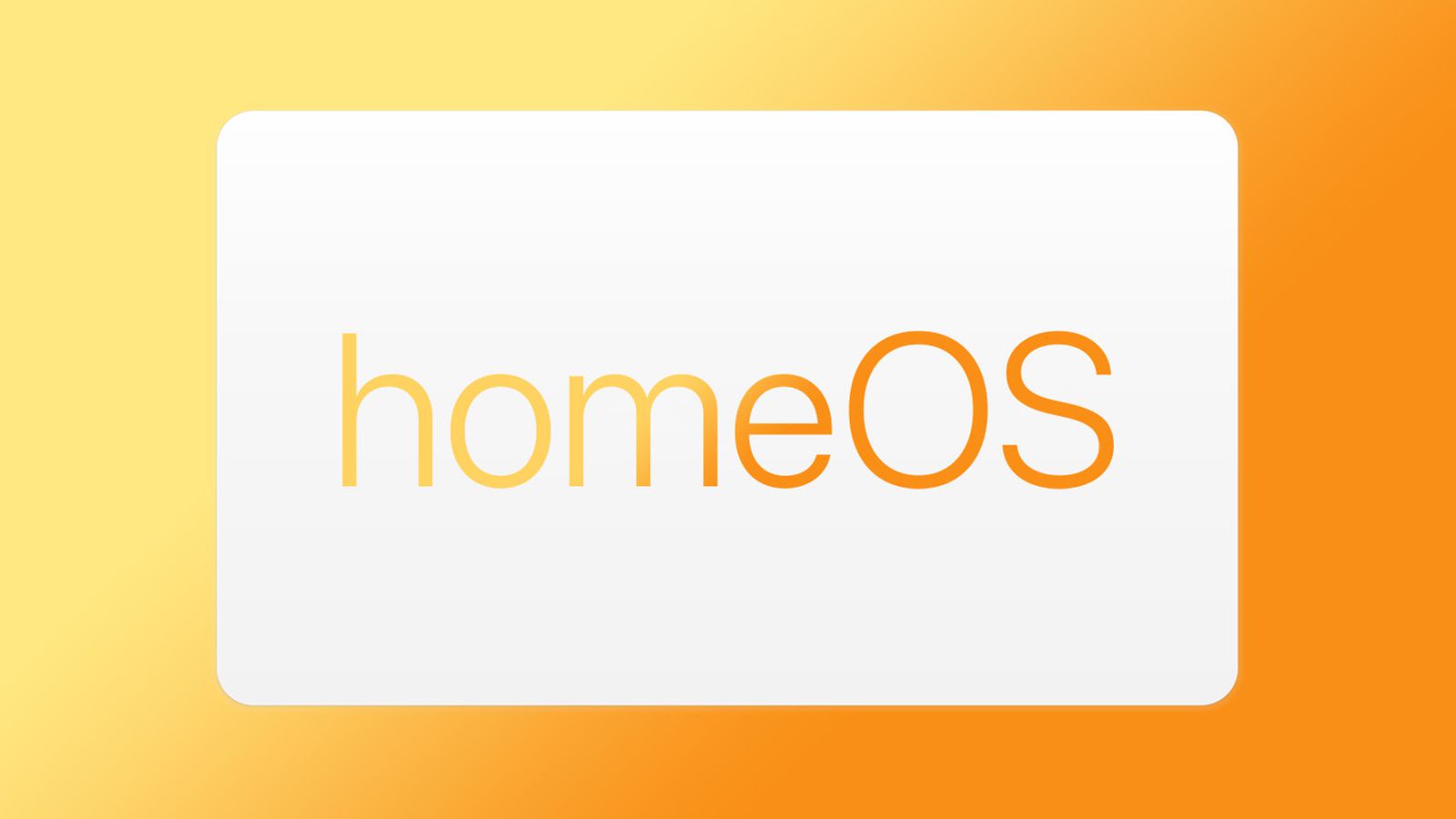






















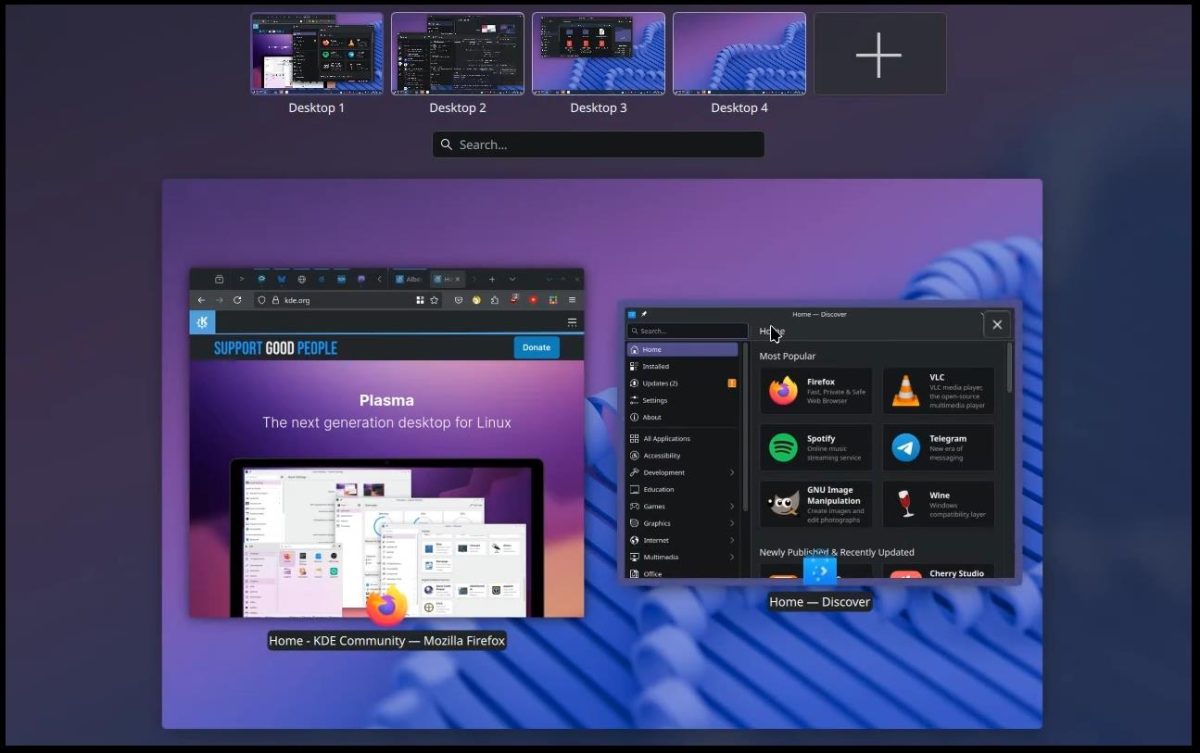


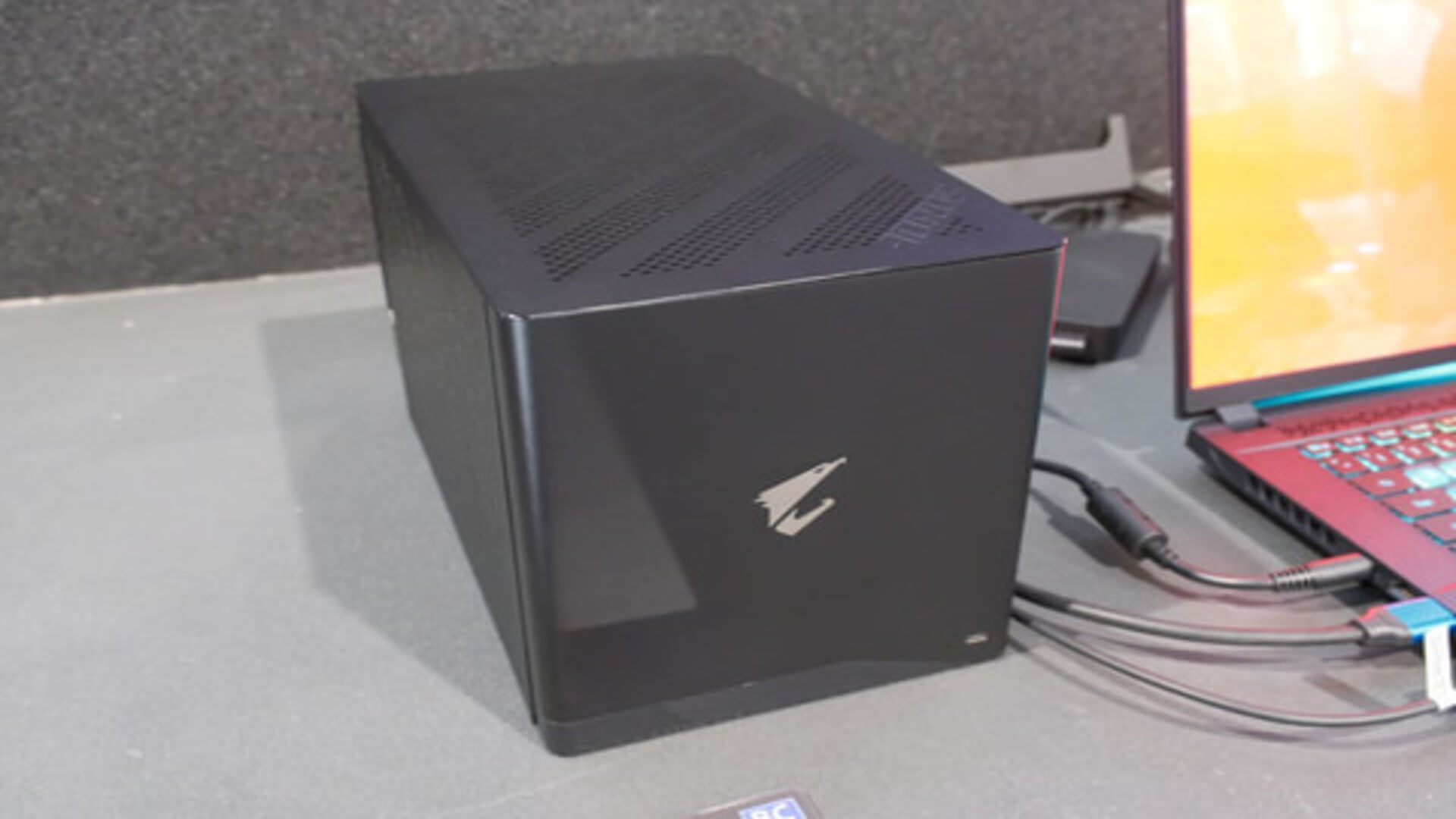














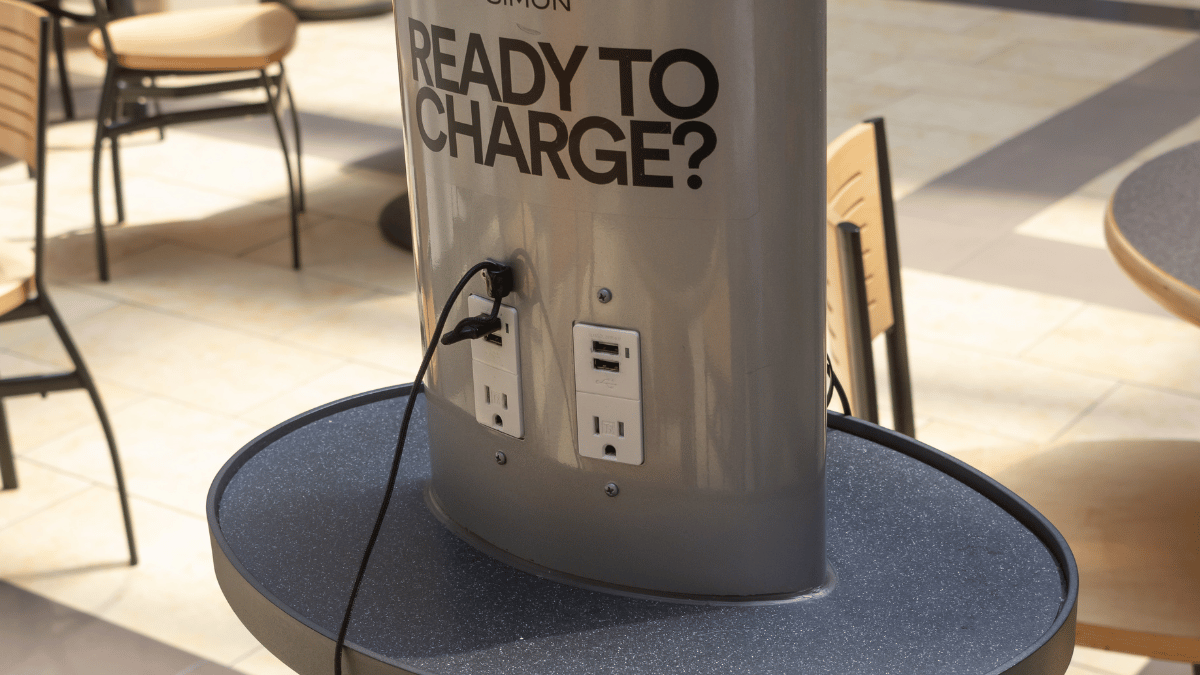


![iOS 18 Adoption Reaches 82% [Chart]](https://www.iclarified.com/images/news/97512/97512/97512-640.jpg)
![Apple Shares Official Trailer for 'The Wild Ones' [Video]](https://www.iclarified.com/images/news/97515/97515/97515-1280.jpg)


















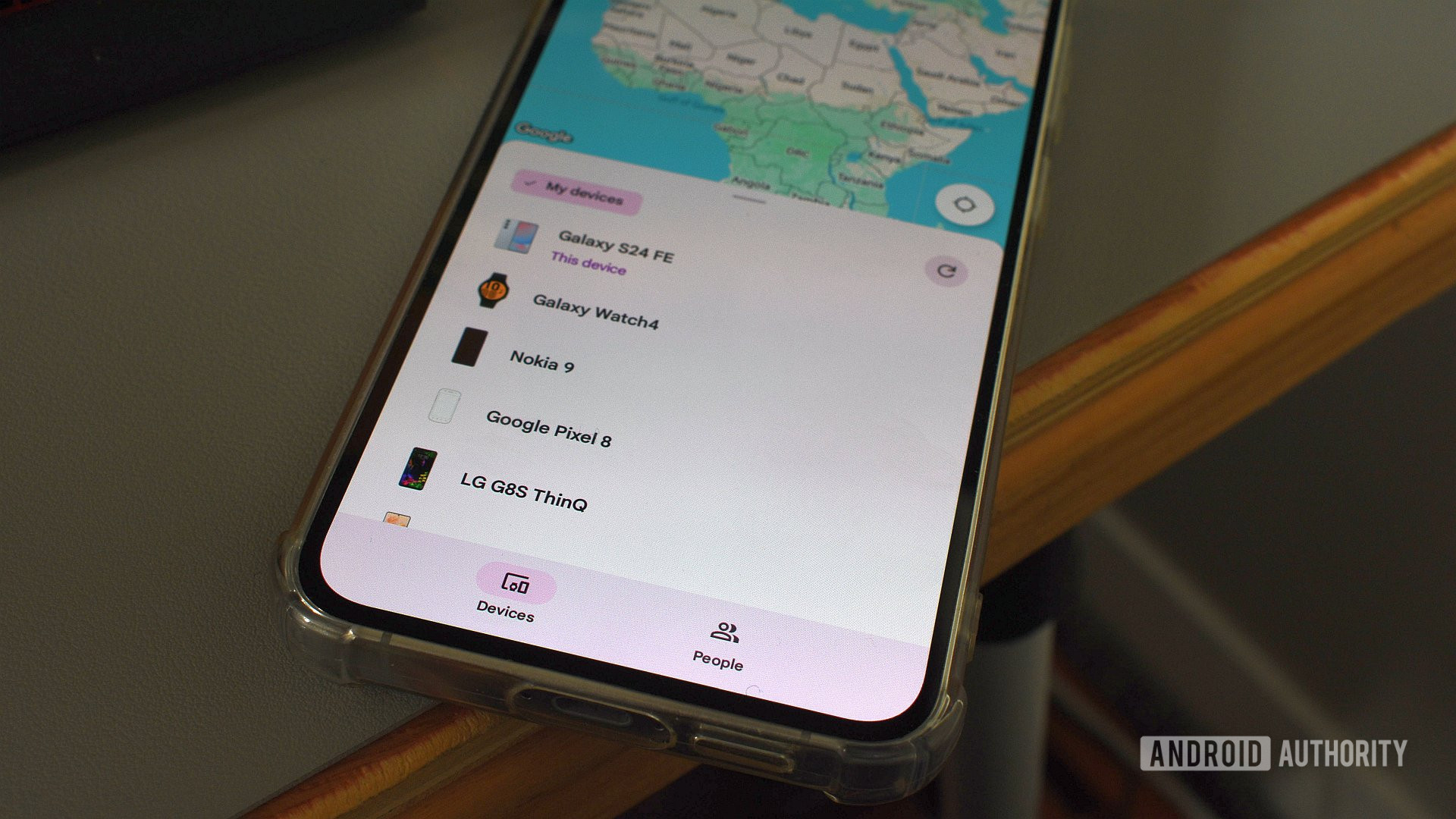
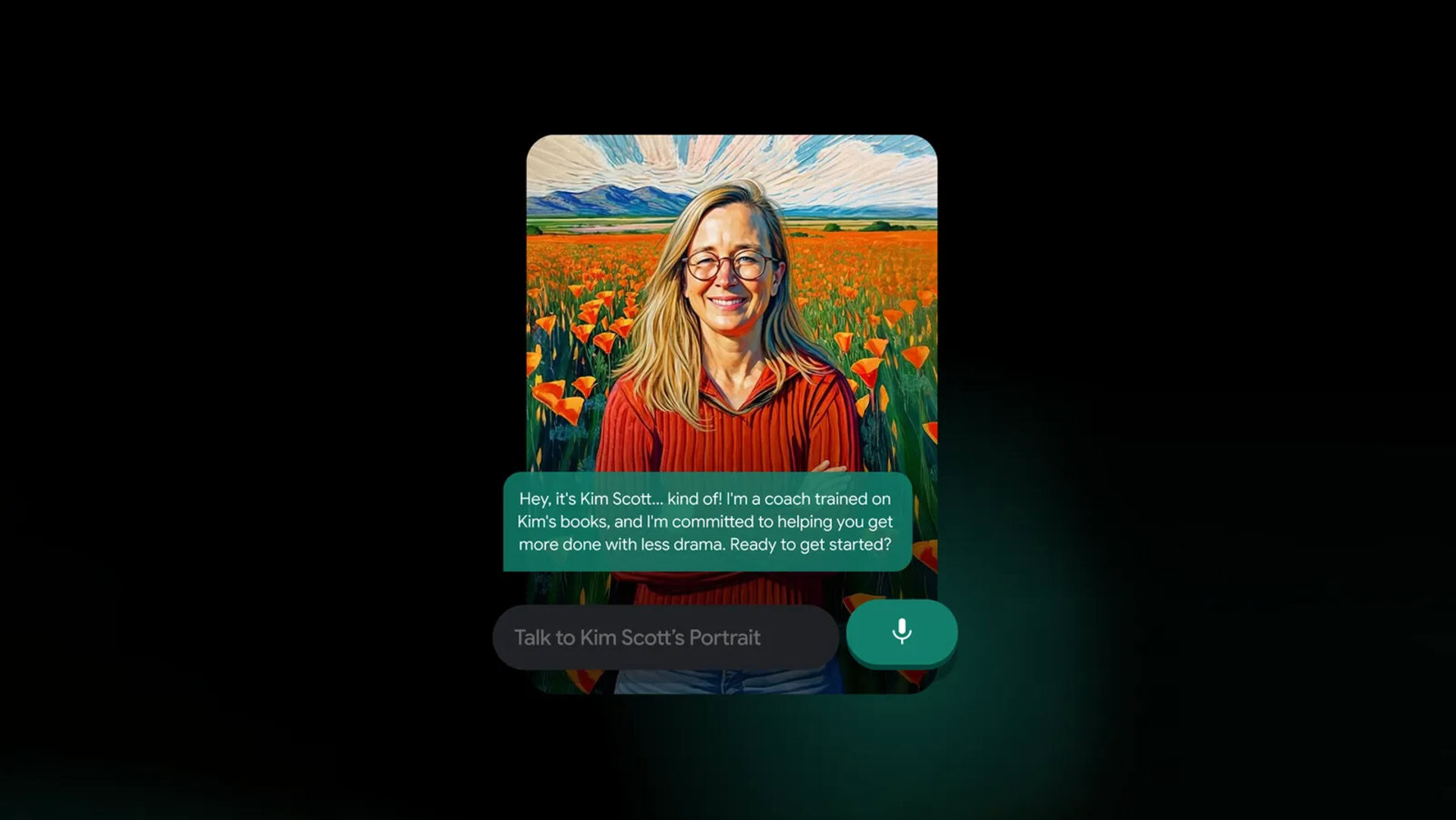


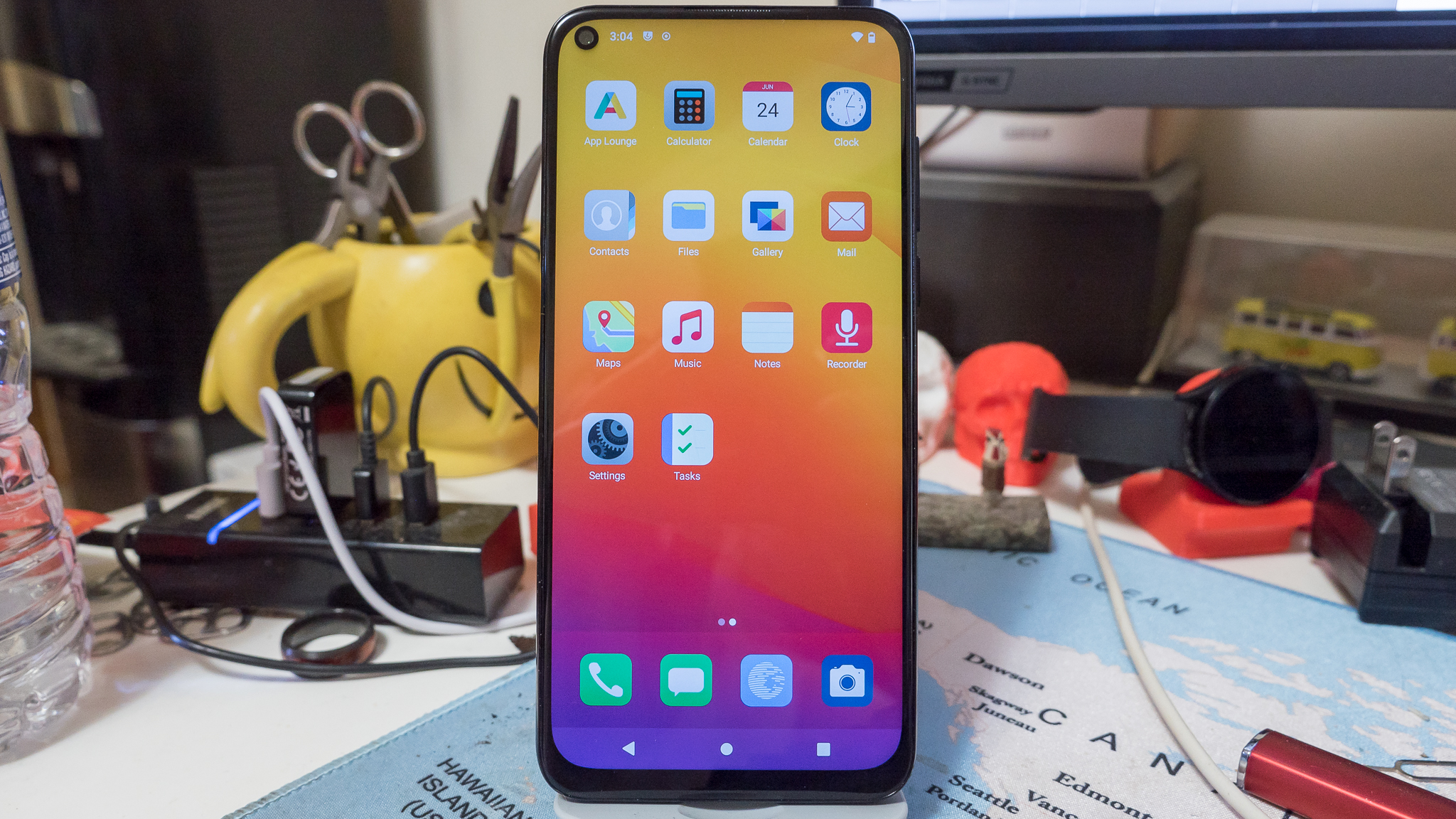







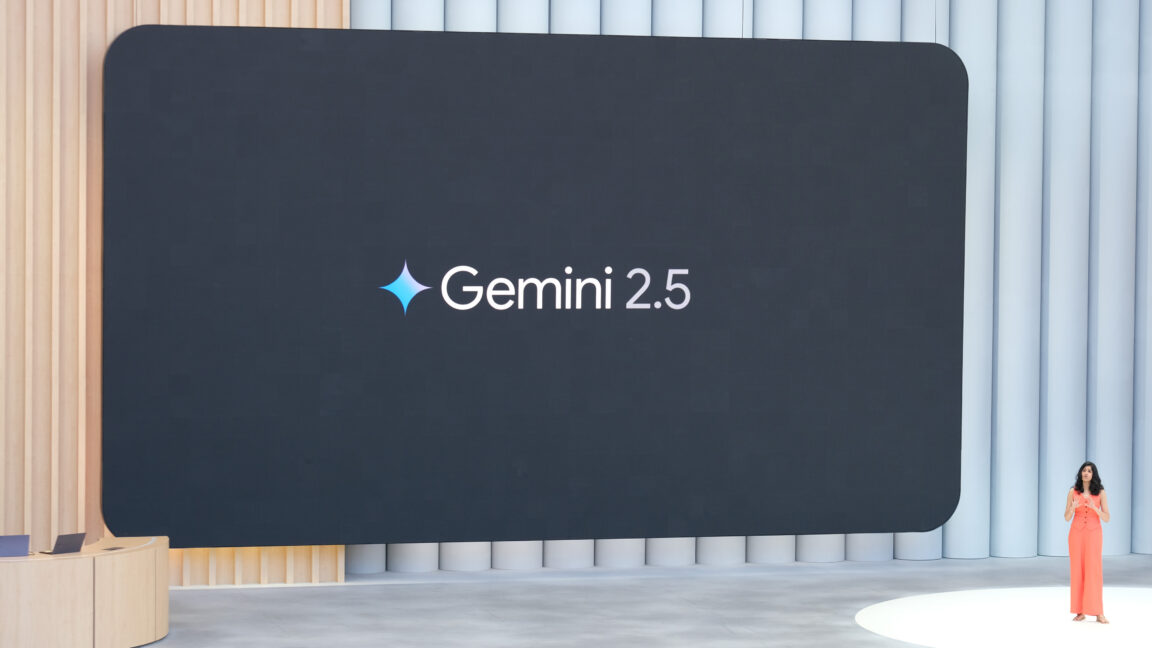



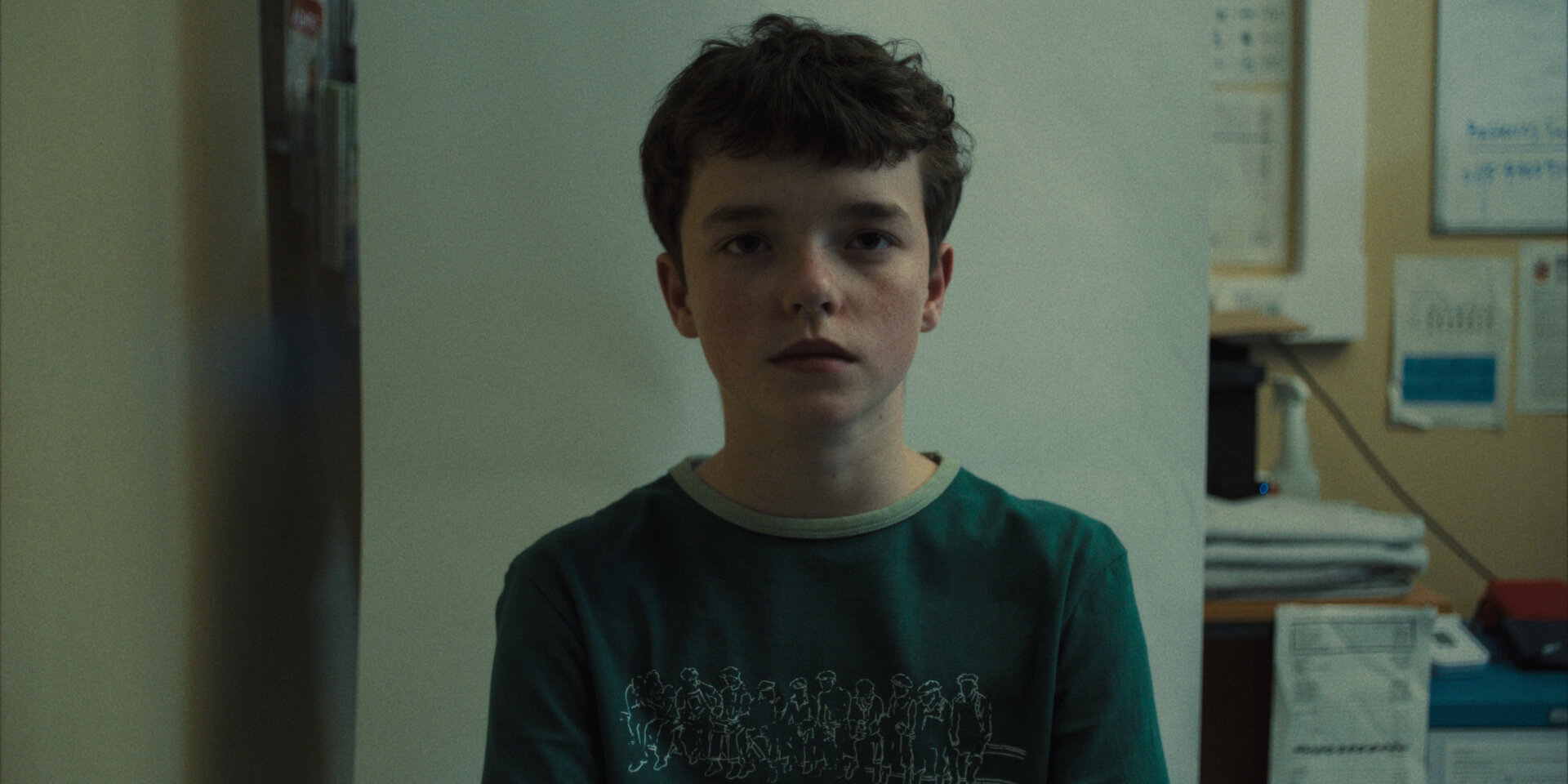

















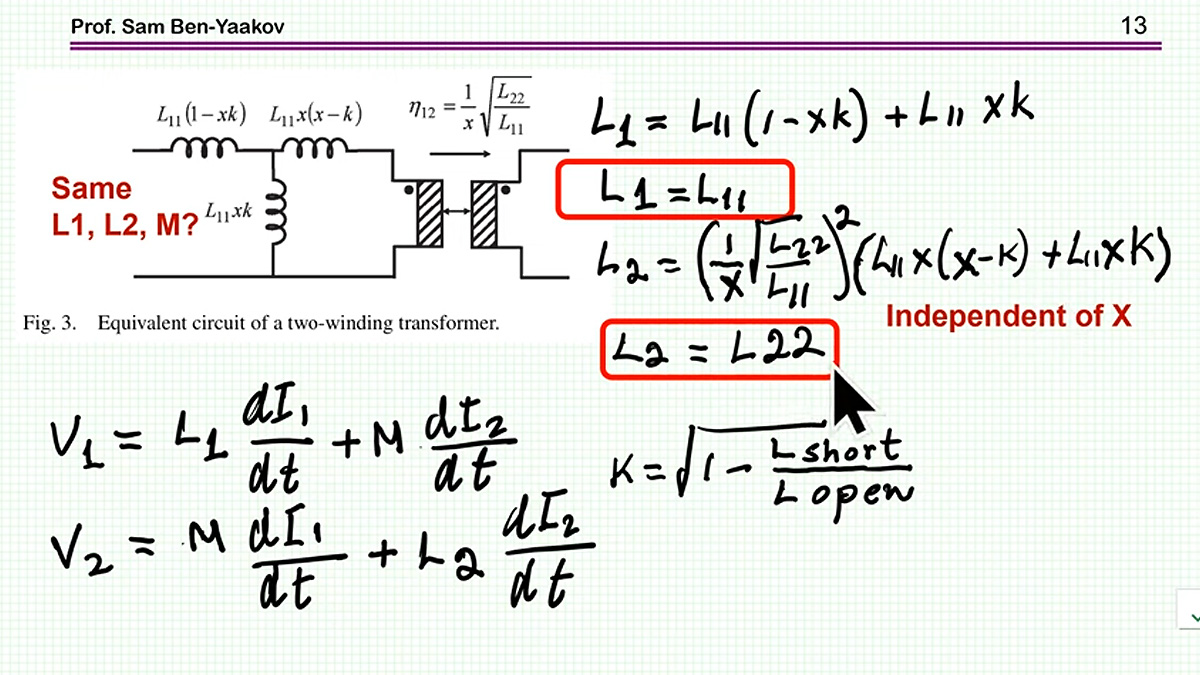




















































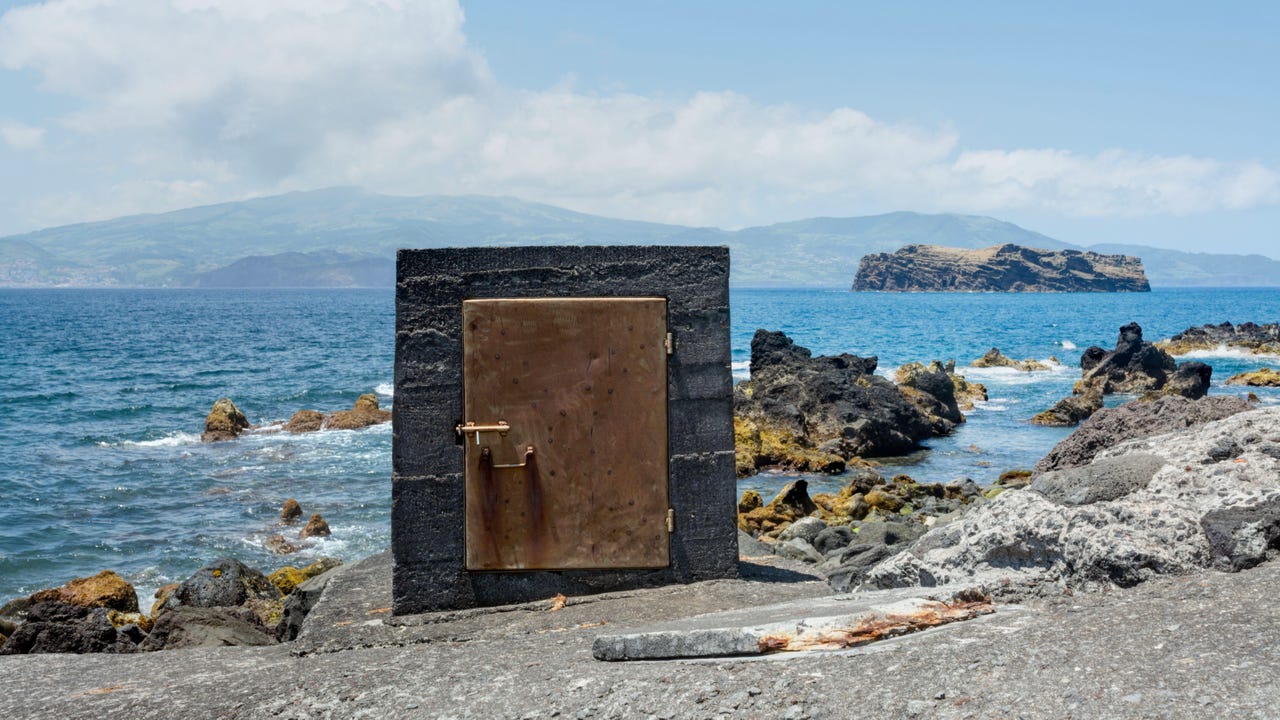
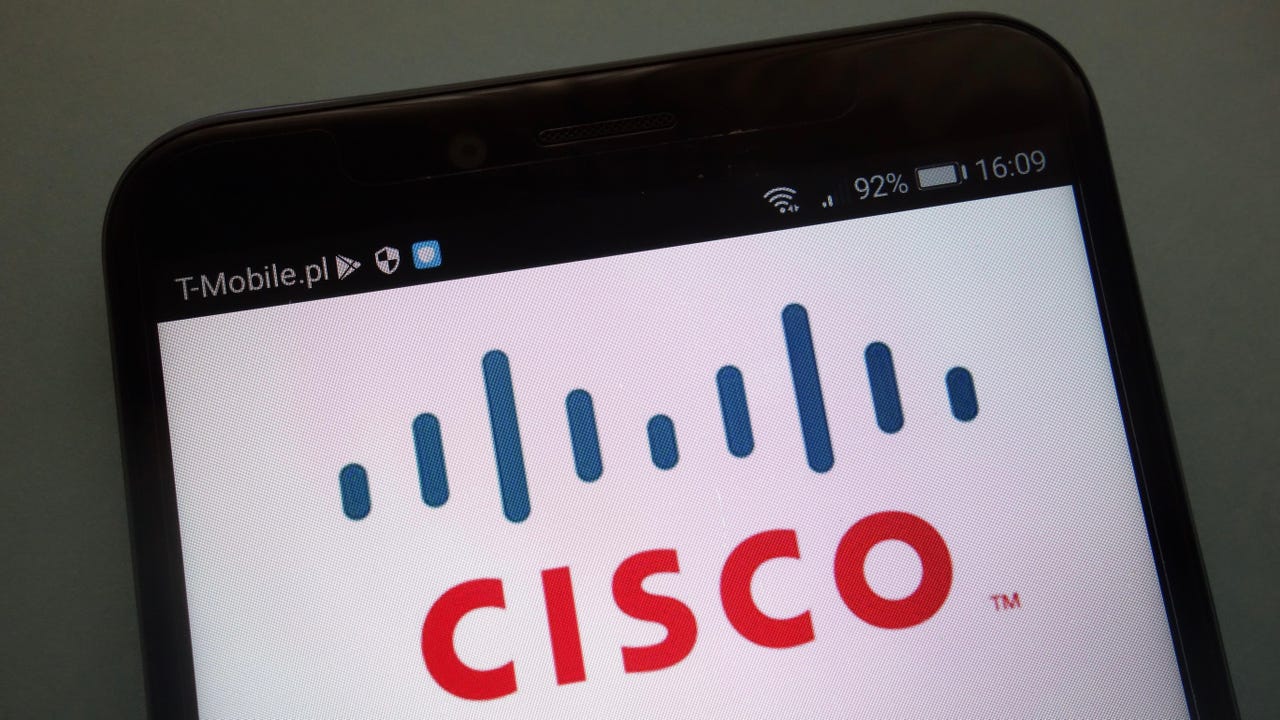

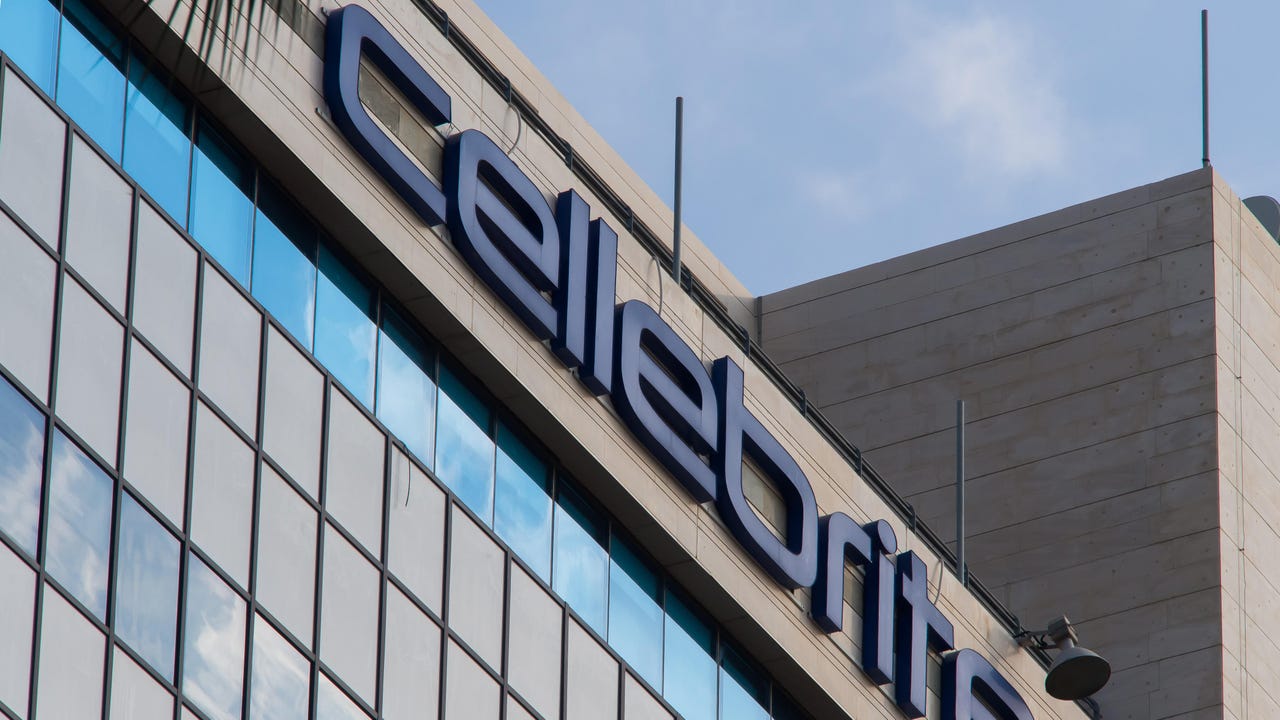

















































































































![[The AI Show Episode 151]: Anthropic CEO: AI Will Destroy 50% of Entry-Level Jobs, Veo 3’s Scary Lifelike Videos, Meta Aims to Fully Automate Ads & Perplexity’s Burning Cash](https://www.marketingaiinstitute.com/hubfs/ep%20151%20cover.png)
































































































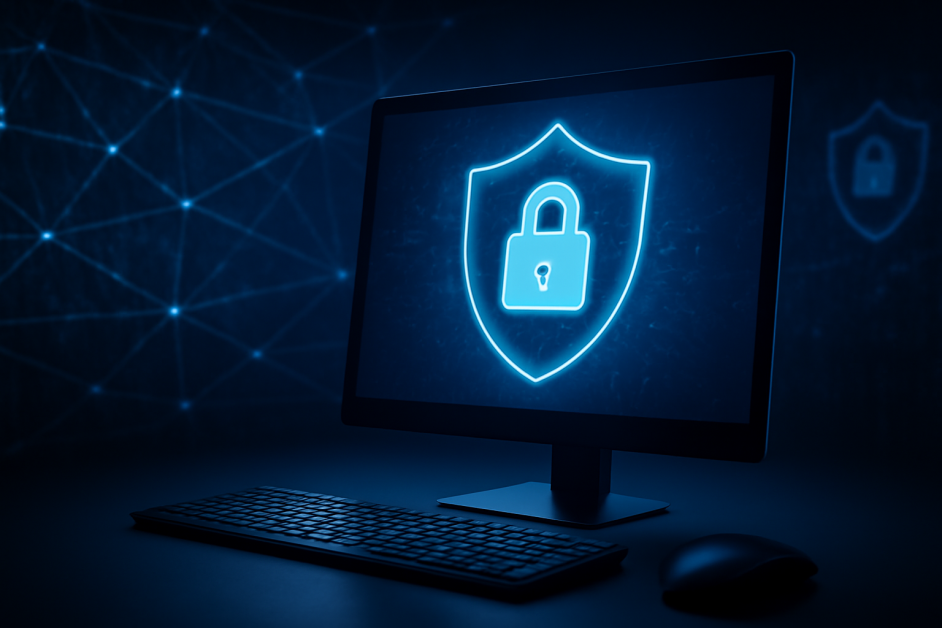














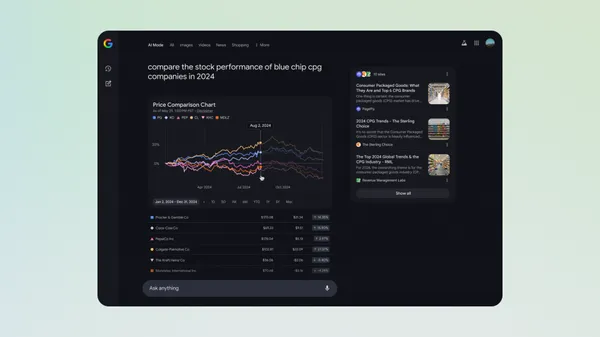









































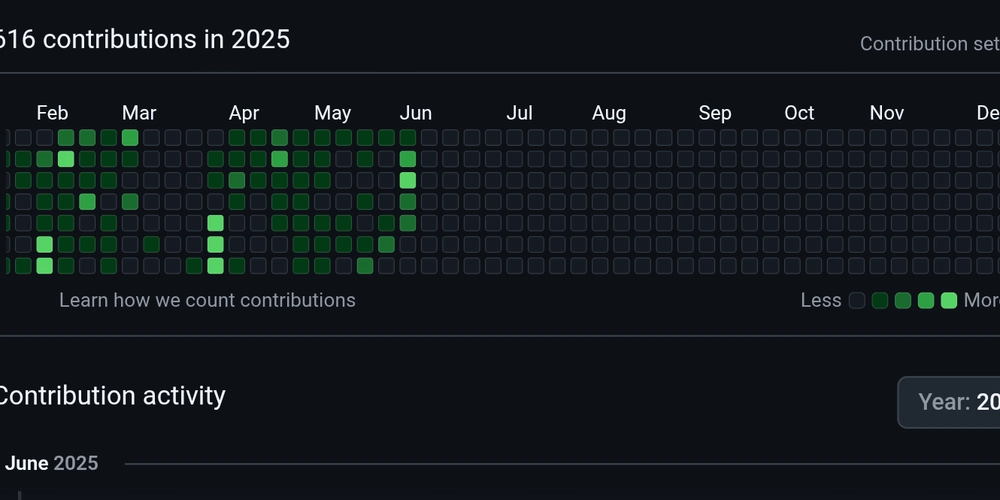
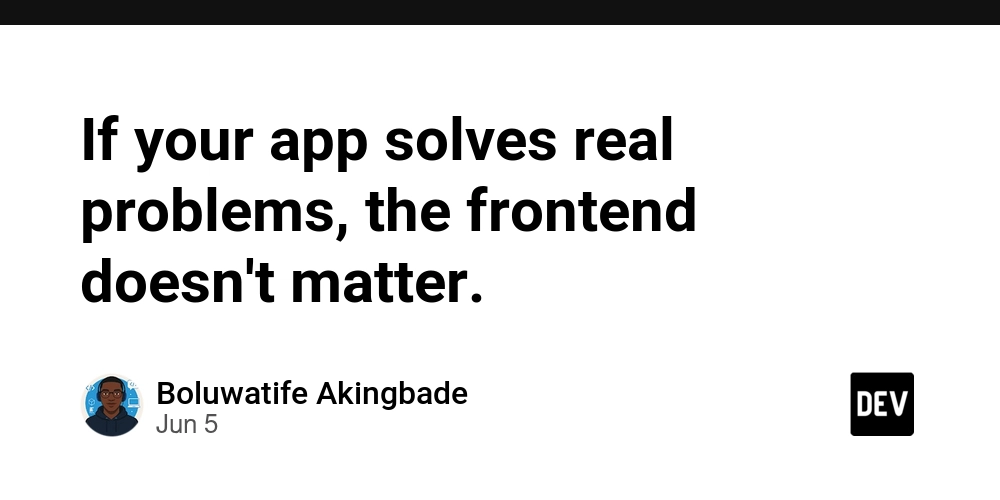
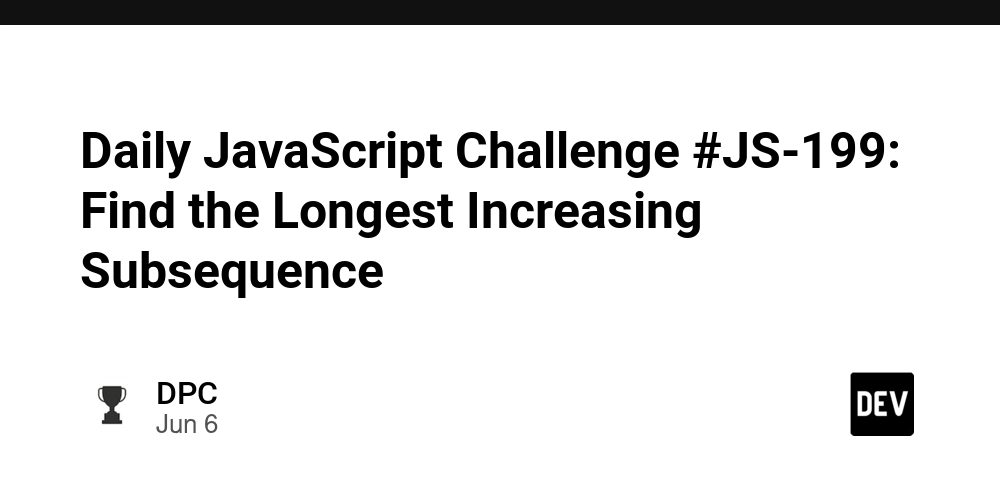






![[DEALS] FileJump 2TB Cloud Storage: Lifetime Subscription (85% off) & Other Deals Up To 98% Off – Offers End Soon!](https://www.javacodegeeks.com/wp-content/uploads/2012/12/jcg-logo.jpg)


















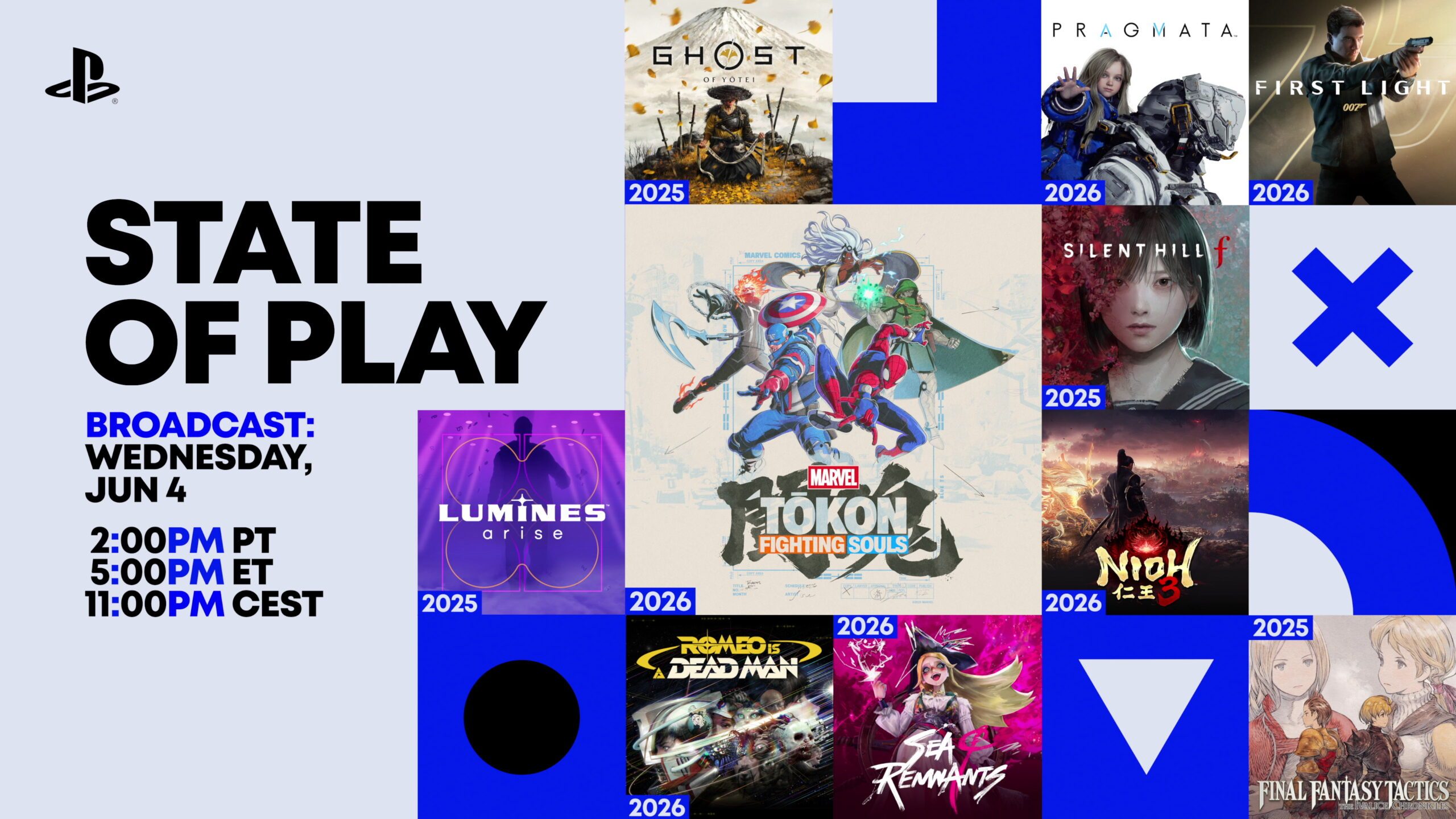

-0-8-screenshot.png?width=1920&height=1920&fit=bounds&quality=70&format=jpg&auto=webp#)
.jpg?width=1920&height=1920&fit=bounds&quality=70&format=jpg&auto=webp#)


